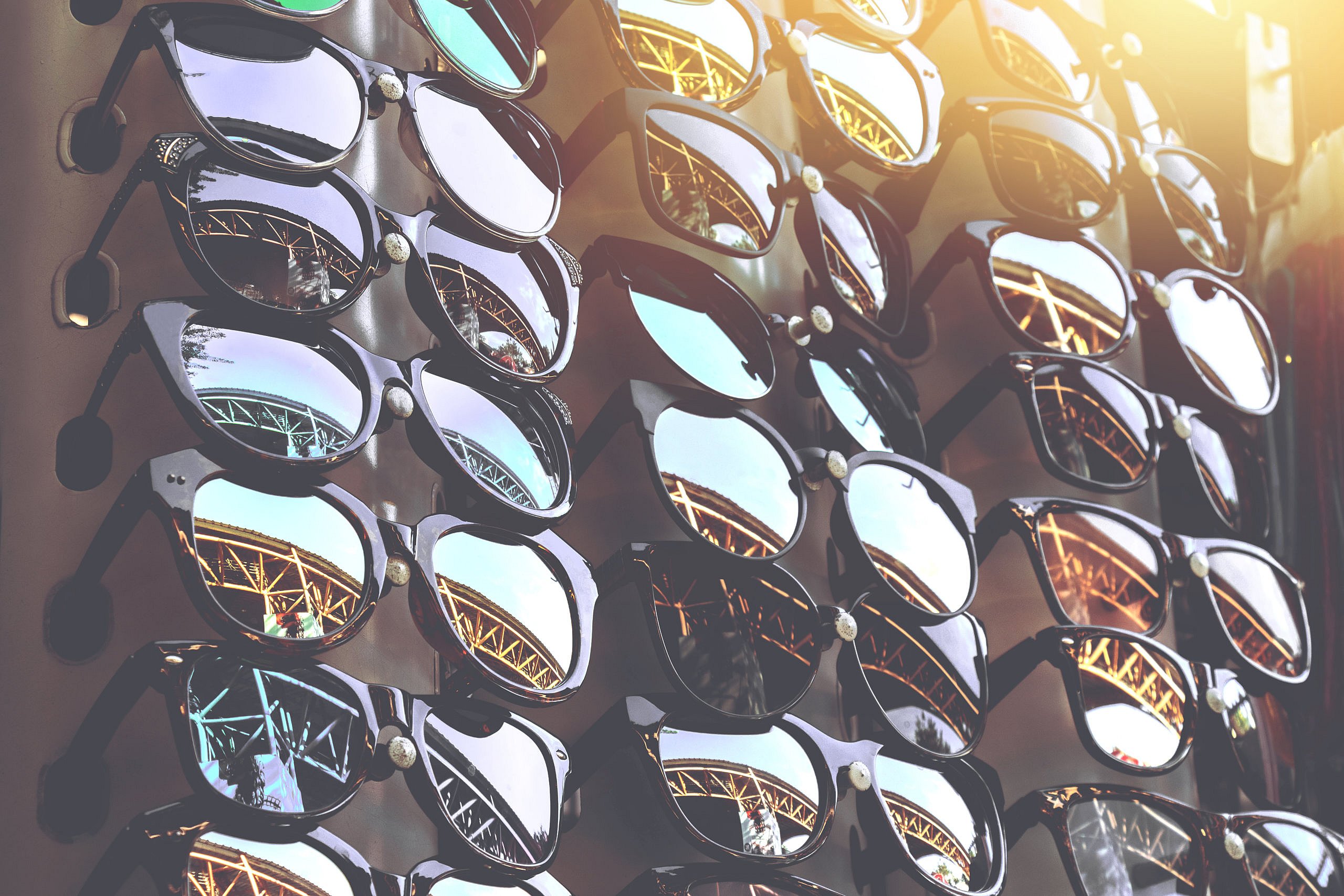It is awards season, which means you cannot turn on the tv, or pass a newsstand without seeing a story about what your favorite stars were wearing on the red carpet. A celebrity’s answer to the shouted question “Who are you wearing?” drives trends, and increases the demand for whatever luxury good they are not-so-subtly hawking.
However, one of the things that makes a luxury a luxury is scarcity. There is a gap between supply and demand that drives up the prices of luxury goods and makes them a tempting target for counterfeiters looking to make a quick buck. As a New York City-based criminal defense firm, we are quite familiar with trademark counterfeiting crimes. We have defended these crimes on both the state and federal levels.
New York City is the epicenter of counterfeit culture. Canal Street may be a bit tamer than it used to be, but if you “know a guy” you can get your hands on knock-offs of almost anything — clothing, watches, movies, music, shoes, purses, iPhones, auto parts, cosmetics, pharmaceuticals, you name it.
It is tempting to whip out your wallet if you want a name brand product you cannot otherwise afford, or if you have the opportunity to flip such goods for a profit. But, possessing counterfeit goods comes with legal risks.
Are you buying or selling?
One of the interesting things about New York counterfeiting laws § 165.71, § 165.72 and § 165.73, is that it is illegal to sell counterfeit goods, but not to buy them (unless you’re buying with the intent to sell, deceive, etc.). If you buy 100 pairs of designer imposter sunglasses out of the trunk of some guy’s car, you have technically done nothing wrong, even if you know the glasses are fake. However, if you then turn around and sell those glasses, you have broken the law.
To be clear, our firm is not encouraging anyone to go out and purchase counterfeit goods, it is simply an important legal distinction that deserves mention.
What is the law?
Under New York state law: “a person is guilty of trademark counterfeiting… when, with the intent to deceive or defraud some other person, or with the intent to evade a lawful restriction on the sale, resale, offering for sale, or distribution of goods, he or she manufactures, distributes, sells, or offers for sale goods which bear a counterfeit trademark, or possesses a trademark knowing it to be counterfeit for the purpose of affixing it to any goods…”
Let’s break this down and put it in plain English.
It is illegal to know the goods you are selling, re-selling, or might sell in the future are counterfeit. It does not matter if you made the goods yourself, bought them, or are just holding them for someone else.
The more the goods are worth, the more serious the crime.
Is there any defense if you are caught with counterfeit goods?
The definition above makes it seem as though there is little wiggle room if you are caught selling or holding counterfeit goods. To some extent that is true, but there is a bit of a loophole built into the law. It is technically only illegal if you know the goods you have are counterfeit. The government must be able to prove that you knew the goods you had were fake.
It may also be possible to get a charge thrown out if the way the government found out about your stash was improper.
Experience You Can Trust
The criminal lawyers at Heiferman & Associates are experienced at defending people who have been charged with counterfeiting crimes. If you have been arrested or charged with a trademark counterfeiting crime, we are ready to help. Please contact us today to schedule an initial consultation.

